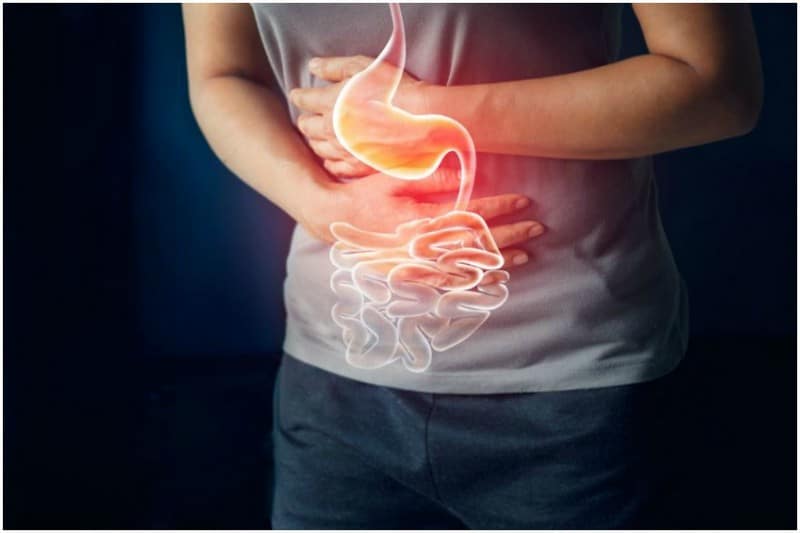Cystic Fibrosis

Cystic fibrosis is a chronic disease that affects the lungs and digestive system. The condition is caused by a defective gene that causes the body to produce thick, sticky mucus. This mucus clogs the airways and makes it difficult to breathe. It also traps bacteria in the lungs, which can lead to infection. Cystic fibrosis also affects the digestive system by preventing the pancreas from producing enzymes that help to break down food.
Cystic fibrosis is a hereditary disease passed down from parents to children. The condition is most common in Caucasians and often occurs in people of Northern European descent. Symptoms of cystic fibrosis can include difficulty breathing, chronic cough, wheezing, and poor growth. If the disease is not treated, it can lead to respiratory failure and death.
There is no cure for cystic fibrosis, but there are treatments that can help to manage the disease and improve symptoms. The most common treatment for cystic fibrosis is a medication called Pulmozyme, which helps to thin the mucus in the lungs. Other treatments can include antibiotics to prevent infection, inhaled medications to open the airways, and nutritional supplements to help with digestive problems. With treatment, many people with cystic fibrosis can live long, healthy lives.










